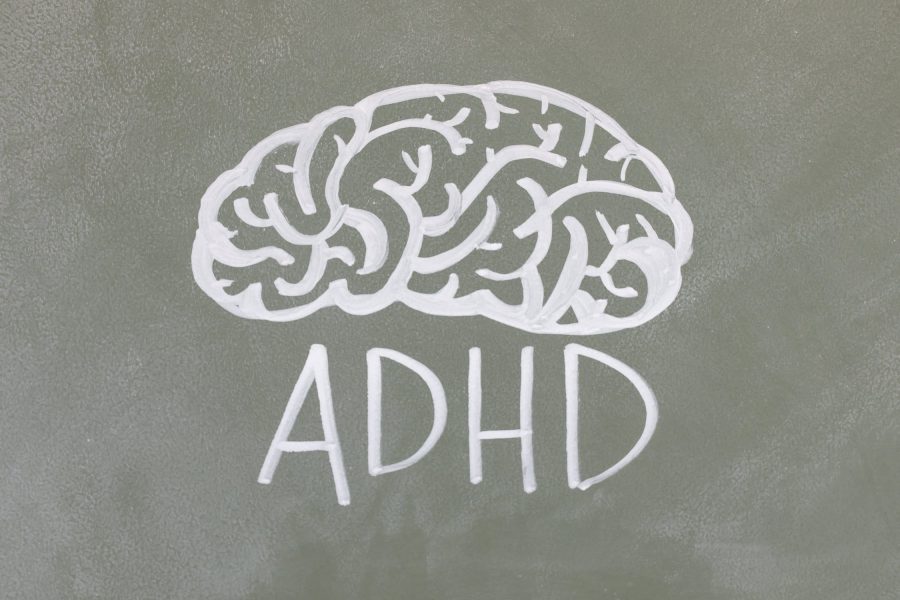 Pets & Mental Health
Pets & Mental Health
I love pets, I can’t live without them. Lotis and Lillie (my pets) mean the world to me. They complete me, they calm me down whenever I’m upset and they just know whenever I need comforting. So, I write this post to show everyone the correlation between pets and mental health!
Here are some correlations between pets and mental health:
 Correlation between pets and mental health in people with depression
Correlation between pets and mental health in people with depression
Pets are great motivators for humans. Dogs are especially good at encouraging owners to get exercise. Lotis and Lille nag me every night at 9:00 PM to go for a walk/run. This can be beneficial for people suffering from depression.
Pets can also have a calming effect on their owners. Simply petting, sitting next to, or playing with a pet can give the owner a chance to relax and calm their mind. Grooming a pet also provides you with a daily purpose and a sense of achievement. It also helps you feel valued and needed.
Correlation between pets and mental health with socializing
Walking a dog often leads to conversations with other dog owners and this helps owners stay socially connected and less withdrawn. People with more social relationships and friendships are generally more mentally healthy.
 Loneliness later in life
Loneliness later in life
A pet makes a great companion. They give owners company, a sense of security, and someone to share daily routines with. Pets can be especially valuable companions for people later in life who live alone.
People in later life who experience the typical stresses of life can be comforted by a companion animal. It’s believed that a dog can be a stress buffer that mitigates the effects of adverse events in a person’s life. With an animal in the house, people with Alzheimer’s disease have fewer anxious outbreaks.
 Children with ADHD
Children with ADHD
Children with ADHD can benefit from working with and keeping a pet. Being in charge of the tasks in a pet’s care schedule, such as eating, walking, and bathing, helps a child learn to plan and be responsible.
Also, pets need to play, and playing with a pet is a great way to get rid of the excess energy a child with ADHD might have. Walking a dog or running around with a kitten makes them more relaxed later in the day and calmer at night. A pet is also a good listener, offering unconditional love, and won’t criticize a child for having too much energy. This can improve a child’s self-confidence.
Autism
Sensory problems are common in children with autism. Sensory integration activities are designed to help them get used to the way something feels, smells, or sounds. Both dogs and horses have been used for this purpose. Children with autism often find it soothing to work with animals. It’s claimed that in the case of people with autism, animals can reduce stereotypical behaviors, decrease sensory sensitivity, and increase the desire and ability to socialize with others.
So, I hope you see the correlation between pets and mental health. Pets help us when we are depressed. They help us exercise more, get out and socialize and feel less lonely later in life. Also, children with ADHA and Autism benefit from the structure having a pet brings.



 C
C Loneliness later in life
Loneliness later in life Children with ADHD
Children with ADHD